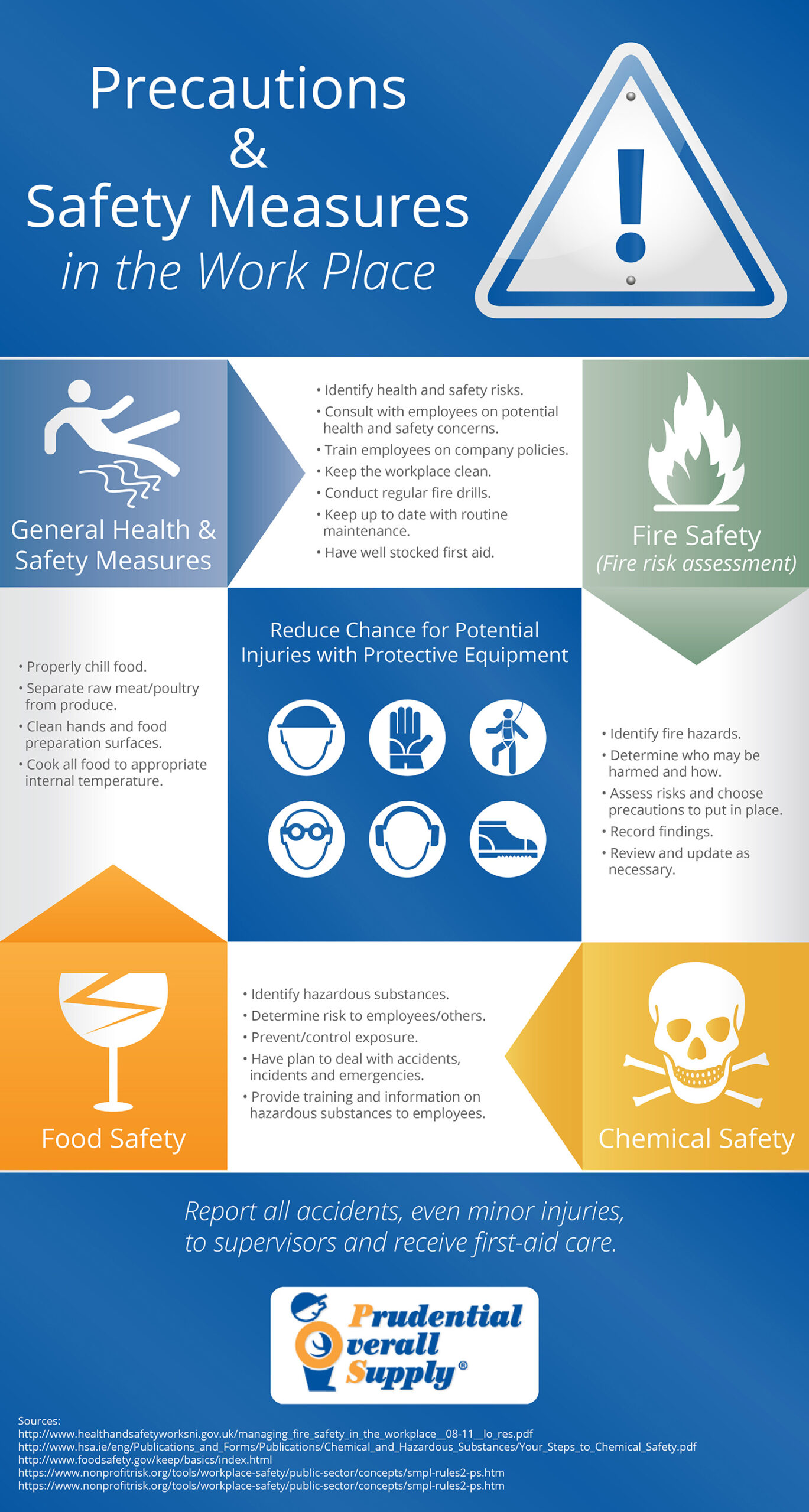Emotional Wellness: Three Key Characteristics of Good Mental Health
What define good mental and emotional health?
Mental and emotional health exist on a spectrum. While we frequently focus on mental illness and its symptoms, understand the positive characteristics of good mental health is evenly important. These markers of psychological wellness don’t upright indicate the absence of problems – they represent the presence of positive traits that help us thrive in daily life.
Let’s explore three fundamental characteristics demonstrate by individuals with robust mental and emotional health: emotional regulation, healthy relationships, and resilience. These core attributes form the foundation of psychological wellbeing and contribute to a fulfilling life.
Emotional regulation: the art of understanding and managing feelings
People with good mental health demonstrate effective emotional regulation – the ability to recognize, understand, and befittingly manage their emotions. This doesn’t mean suppress feelings or ne’er experience negative emotions. Quite, it involves process emotions in healthy ways.
Recognize emotions
Emotionally healthy individuals can identify what they’re felt. They possess emotional literacy – the vocabulary and awareness to distinguish between similar emotional states like disappointment, frustration, or sadness. This self awareness serve as the foundation for all emotional regulation.
For example, alternatively of but feel” bad, ” person with good emotional health might recognize: “” mIfeel disappointed because my expectations werweren’t metut i’m Iot angry at the person involve. ”
Express emotions fittingly
Healthy emotional expression mean communicate feelings in ways that respect both oneself and others. This includes:
- Express emotions without aggression or passive aggression
- Communicating need intelligibly without manipulation
- Being honest about feelings while consider timing and context
- Use” i ” tatements quite than blame language
Someone with good emotional health might say,” iIfeel hurt when plans change at the last minute ” nstead than, “” u incessantly ruin everything by cancel. ”
Regulate emotional intensity
Mentally healthy people can modulate the intensity of their emotional responses. They seldom become overwhelmed by emotions to the point of lose control. This doesn’t mean they don’t feel things profoundly – quite, they have tools to manage overwhelming feelings.
These tools might include:
- Take a pause before respond when emotions run high
- Use breathing techniques to calm the nervous system
- Practice mindfulness to observe emotions without being control by them
- Engage in physical activity to process intense feelings
This ability to regulate emotions contribute importantly to stable relationships, work performance, and overall life satisfaction.
Healthy relationships: connect genuinely with others
The second characteristic of good mental health involve form and maintain meaningful connections with others. Humans are inherently social creatures, and our relationships deeply impact our psychological wellbeing.

Source: homeofbob.com
Establish boundaries
People with good mental health understand the importance of healthy boundaries. They can say” no ” hen necessary without excessive guilt and respect others’ boundaries in return. These boundaries aren’t walls that keep people out but kinda guidelines that define where one person end and another begin.
Healthy boundaries include:
- Communicate personal limits understandably
- Respect others’ right to have different boundaries
- Maintain appropriate levels of self disclosure base on relationship context
- Take responsibility for one’s own emotions instead than blame others
Empathy and perspective taking
Emotionally healthy individuals demonstrate empathy – the ability to understand and share the feelings of another person. They can temporarily step outside their own perspective to consider how someone else might be experience a situation.
This empathic capacity allows for:
- Deeper connections with others
- More effective conflict resolution
- Greater tolerance for differences
- Reduced judgment of others’ behaviors and choices
Quite than assume someone’s intentions, a mentally healthy person might ask,” can you help me understand what you mean by that? ”
Reciprocity and balance
Healthy relationships involve give and take. People with good mental health seek relationships characterize by mutual support, respect, and care. They contribute to their relationships but besides allow themselves to receive support when needed.

Source: healthybdaily.com
This balance prevent the formation of codependent or one side relationships where one person systematically sacrifice their needs for another. Rather, emotionally healthy people:
- Offer support without expect immediate reciprocation
- Accept help without feel indebted
- Recognize when relationships become unbalanced
- Can address relationship issues forthwith kinda than harbor resentment
These relationship skills contribute to a strong social support network, which serve as a buffer against stress and adversity.
Resilience: bounce backward from life’s challenges
The third key characteristic of good mental health is resilience – the ability to adapt to adversity, trauma, tragedy, or significant sources of stress. Resilient individuals don’t avoid difficulties but develop the capacity to recover from setbacks and continue advancing.
Adaptability to change
Life always change, and mentally healthy people demonstrate flexibility in the face of these changes. Instead than stiffly resist new circumstances, they adjust their expectations and approaches.
This adaptability includes:
- Accept what can not be change
- Find new solutions when old ones nobelium proficient work
- Adjust goals when necessary without abandon core values
- View change as an opportunity for growth sooner than scarce a threat
For example, someone who lose their job might experience natural disappointment but so focus on update their skills and explore new career options.
Effective coping mechanisms
People with good mental health develop healthy ways to cope with stress and difficulty. Instead than turn to avoidance, denial, or harmful behaviors like substance abuse, they employ constructive cope strategies.
These might include:
- Problem-solving when challenges have potential solutions
- Seek support from trusted others
- Engage in self-care activities
- Practice mindfulness and acceptance for situations beyond control
- Find meaning in difficult experiences
These cope mechanisms allow them to process difficult emotions without become overwhelm by them.
Growth mindset
Resilient individuals maintain a growth mindset – the belief that abilities and intelligence can be developed through dedication and hard work. This contrast with a fix mindset, which view talents as static traits.
With a growth mindset, mentally healthy people:
- View failures as learn opportunities
- Persist in the face of setbacks
- Embrace challenge instead than avoid them
- See effort as a path to mastery
- Learn from criticism alternatively of take it personally
This perspective allow them to bounce backward from disappointments with greater strength and wisdom.
How these characteristics work unitedly
While we’ve explored emotional regulation, healthy relationships, and resilience as separate characteristics, they function as an interconnected system in mentally healthy individuals.
For example, good emotional regulation make healthy relationships possible, as it allow for appropriate expression of feelings without overwhelming others. Likewise, strong relationships provide the support system necessary for develop resilience. And resilience, in turn, helps maintain emotional equilibrium during challenging times.
This interconnection create a positive cycle that incessantly strengthen mental health:
- Better emotional regulation lead to improved relationships
- Stronger relationships enhance resilience
- Greater resilience support emotional regulation
Develop better mental and emotional health
The good news is that these characteristics can be developed over time. Mental health isn’t a fix state but instead a set of skills and capacities that cabe strengtheneden through practice and intention.
Cultivate emotional regulation
To improve emotional regulation, consider:
- Keep an emotion journal to increase awareness of feelings
- Learn and practice mindfulness meditation
- Develop a vocabulary for nuanced emotional states
- Work with a therapist to understand emotional patterns
Build healthier relationships
To enhance relationship skills:
- Practice active listening without plan your response
- Set small boundaries and gradually work up to more significant ones
- Ask questions to understand others’ perspectives
- Join groups or communities with share interests to practice social skills
Strengthen resilience
To develop greater resilience:
- Reflect on past challenges you’ve overcome
- Develop a regular self-care routine
- Practice reframe negative situations to find potential benefits
- Build a diverse support network
- Set realistic goals and celebrate small victories
When to seek professional support
While everyone can work on improve these characteristics, sometimes professional support is beneficial. Consider reach out to a mental health professional if:
- You systematically struggle to regulate emotions despite your best efforts
- Relationship patterns repeatedly cause distress
- Recovery from setbacks take an outstandingly long time
- Daily functioning is impaired by emotional difficulties
- You’re experience symptoms of depression, anxiety, or other mental health conditions
Remember that seek help is itself a sign of good mental health – it demonstrates self awareness and a commitment towell beee.
The journey toward better mental health
Mental and emotional health exist on a continuum, and we all move along this spectrum throughout our lives. Evening those with excellent mental health have days when they struggle with emotions, face relationship challenges, or feel less resilient.
The goal isn’t perfection but instead progress – develop these characteristics over time and apply them with increase consistency. By focus on emotional regulation, healthy relationships, and resilience, you can enhance your overall psychological wellbeing and experience greater satisfaction in life.
These three characteristics – the ability to regulate emotions, maintain healthy relationships, and demonstrate resilience – form the foundation of good mental health. By understanding and cultivate these traits, we can move toward greater psychological wellness, disregarding of our starting point.



